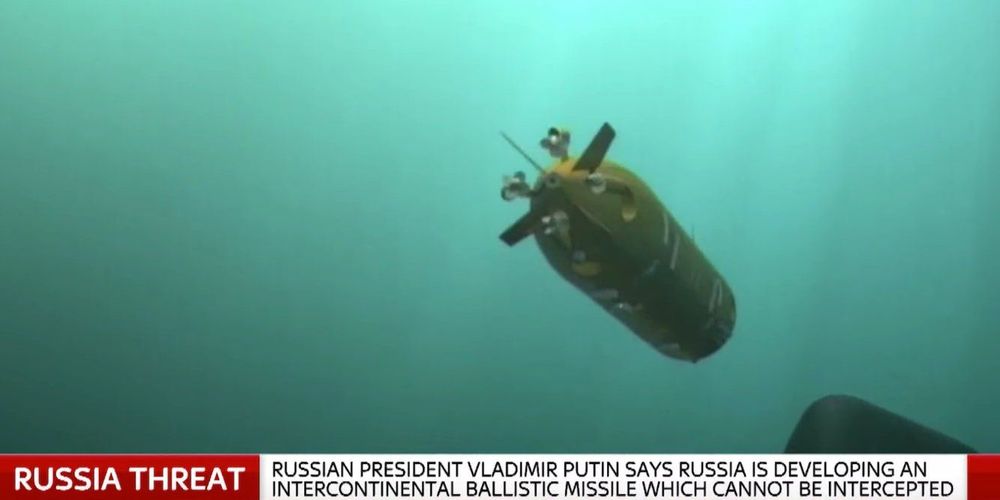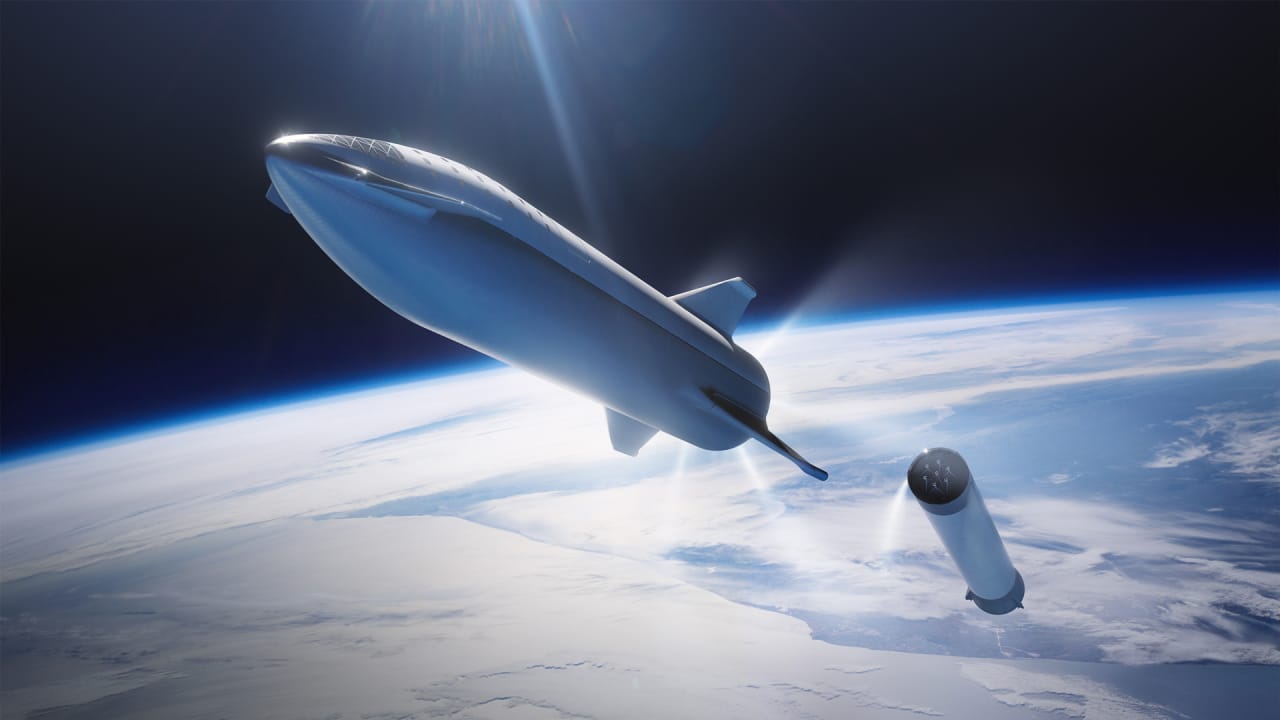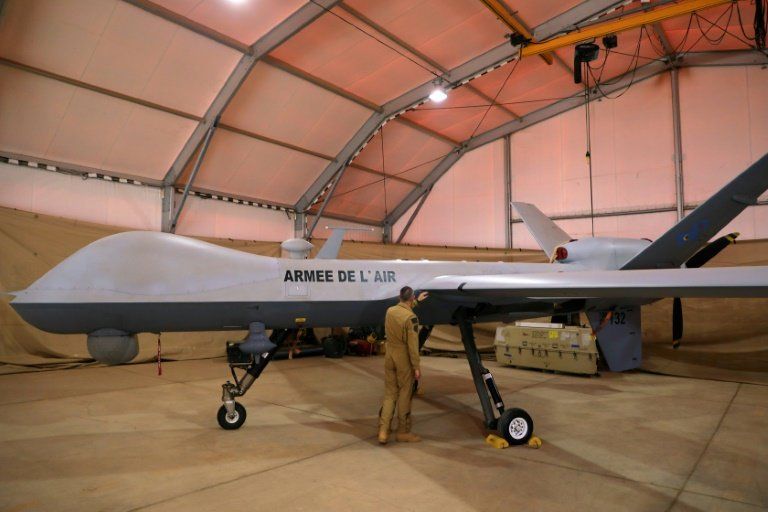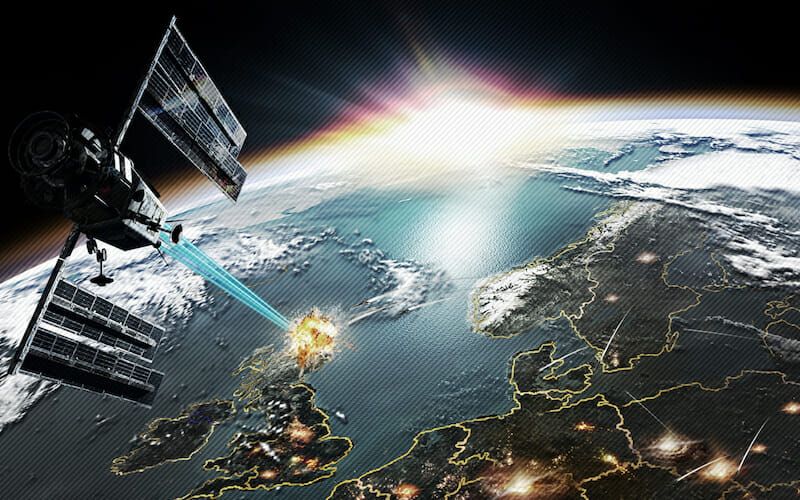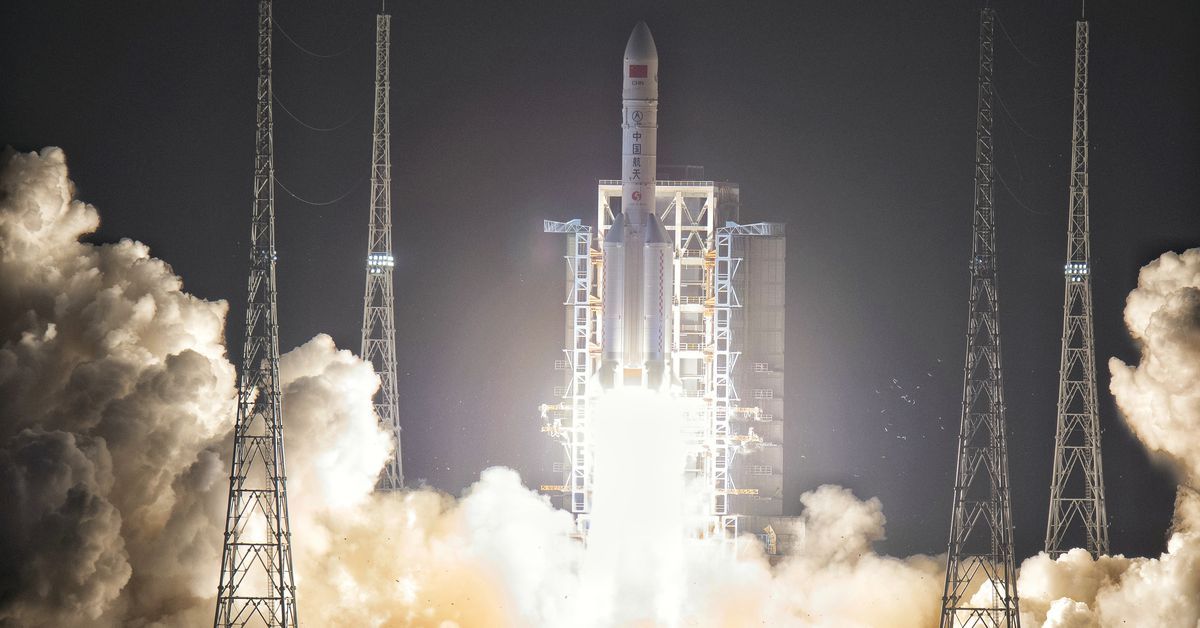A new golden age of space exploration is upon us, with growing numbers of countries and private enterprises eager to establish themselves in space for the sake of scientific inquiry, national prestige, adventurous tourism, billionaires’ bragging rights, mineral riches, and even as a hedge against any future calamity that might devastate our home planet.
Our motivations for exploration may vary, but the spaceward rush raises questions about how we will govern ourselves beyond the bonds of Earth. Cold War-era space treaties, vague notions of how legal frameworks on Earth might migrate to settlements in space, and cautionary tales from both history and science fiction offer some guidance, but we could benefit from a larger conversation about how we want to govern them.
Join Future Tense and the JustSpace Alliance to consider how we might ensure that our “next frontier” is one that reflects our most humane and democratic values. Stick around after the event to continue the conversation with a happy hour reception.

